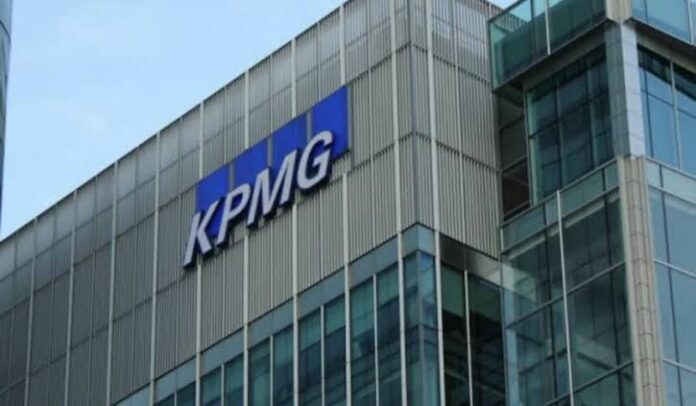KPMG, a global business advisory firm, suggests that Nigeria can attract more Foreign Direct Investment (FDI) into its over 44 solid minerals by joining key international mining organizations. This advice comes from KPMG’s June report on Nigeria’s solid minerals sector.

Nigeria has a rich variety of mineral deposits, including gold, barite, limestone, coal, and iron ore. Despite this wealth, the sector faces many challenges that prevent it from drawing significant foreign investments.
To improve the situation, KPMG recommends that Nigeria, through its government agencies, should join respected global mining bodies like the Committee for Mineral Reserves International Reporting Standards (CRIRSCO), the Intergovernmental Forum on Mining, and the International Council of Mining and Metals (ICMM). Membership in these organizations would enhance Nigeria’s credibility and help attract more FDI by validating the country’s mineral resources, ensuring high standards of reporting, and promoting better social and environmental practices.
Other benefits of joining these organizations include strengthening local mining laws, supporting sustainable development, and improving the mining sector’s reputation within local communities.
KPMG’s report also highlighted several ongoing issues in Nigeria’s mining sector, such as inadequate infrastructure, insufficient geoscience data, and security concerns. For example, the lack of reliable geological data makes it difficult for investors to make informed decisions. Additionally, insecurity in some mineral-rich areas poses significant risks to operations.
In response, the federal government has taken steps like launching the Nigerian Mineral Resources Decision Support System (NMRDSS) to provide better geoscience data and enhancing security through initiatives like the Mines Surveillance Task Team and the Transport and Mining Marshals.
Despite these efforts, project funding remains a significant hurdle. Nigeria struggles to attract investment due to unclear policies, security issues, and an unattractive fiscal framework for the mining sector. KPMG calls for a more cohesive and appealing set of incentives to attract and retain investors.
KPMG’s recommendations aim to signal Nigeria’s readiness for business to the global community, boosting investor confidence and making the country a top destination for mining investments. As of May 2024, over 7,000 companies and individuals hold licenses to operate in Nigeria’s mining sector, including exploration and small-scale mining.
Victoria Ibiama




